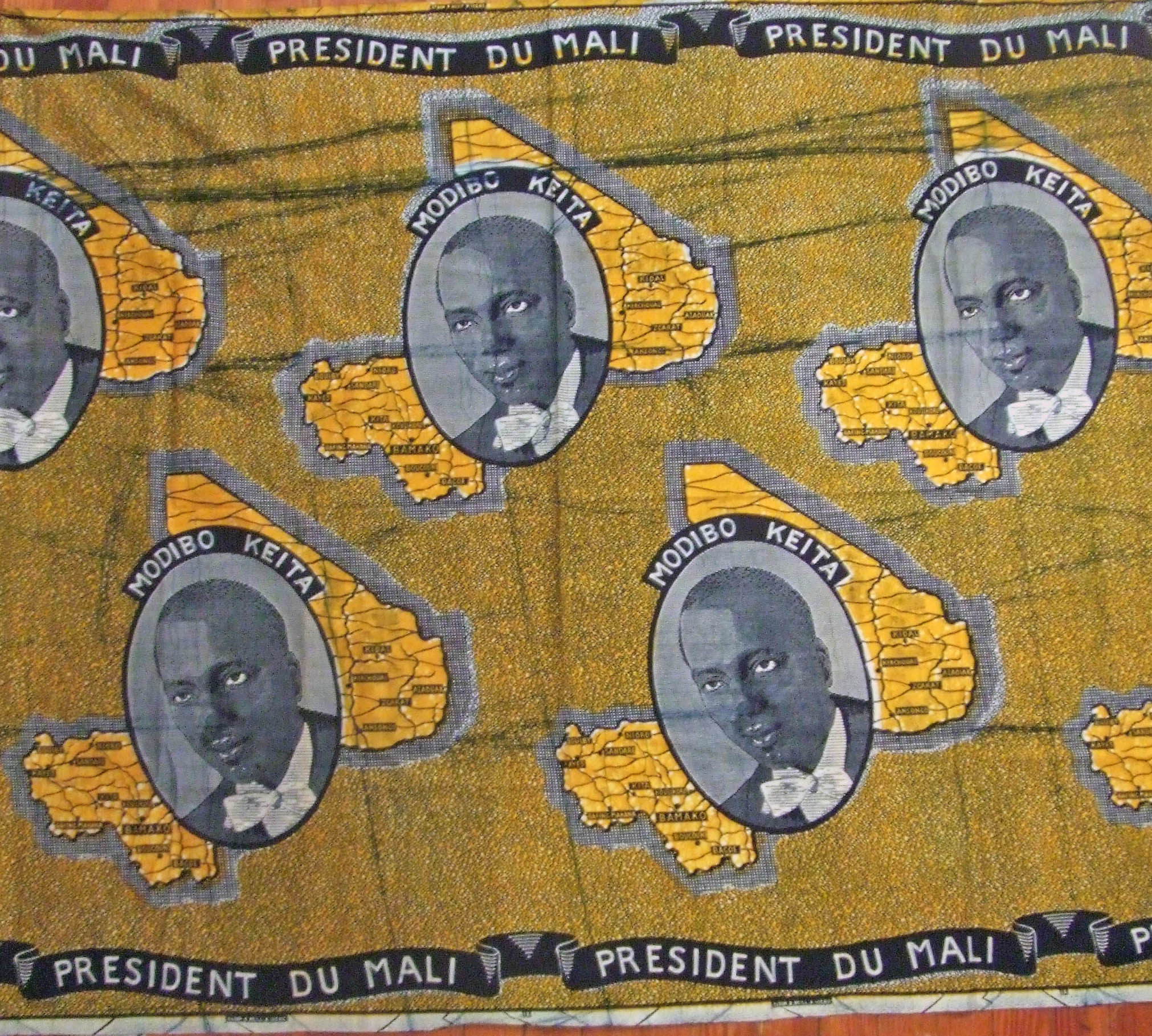|
Sominé Dolo
Sominé Dolo (1922 – March 15, 1972) was a Malian doctor and politician who served as Mali's first minister of health. Biography Sominé Dolo was born in 1922 in Sangha, Mali, in the Mopti region's Bandiagara Cercle. From 1939 to 1942, he attended the École normale supérieure William Ponty, followed by the École nationale de médecine et pharmacie in Dakar, Senegal. He obtained his doctorate from the University of Paris Faculty of Medicine in 1956. After returning to Africa, he ran in the 1957 French Sudan Territorial Assembly election and won a seat as a territorial councillor to represent Bandiagara. His list, the Union of the Populations of Bandiagara, joined with the Sudanese Union – African Democratic Rally to form the majority after the election. They formed the first Governing Council of French Sudan, with Dolo appointed as minister of health. In subsequent government formations during the region's transition from European rule, he was repeatedly reelected to repre ... [...More Info...] [...Related Items...] OR: [Wikipedia] [Google] [Baidu] |
Mali
Mali, officially the Republic of Mali, is a landlocked country in West Africa. It is the List of African countries by area, eighth-largest country in Africa, with an area of over . The country is bordered to the north by Algeria, to the east by Niger, to the northwest by Mauritania, to the south by Burkina Faso and Ivory Coast, and to the west by Guinea and Senegal. The population of Mali is about 23.29 million, 47.19% of which are estimated to be under the age of 15 in 2024. Its Capital city, capital and largest city is Bamako. The country has 13 official languages, of which Bambara language, Bambara is the most commonly spoken. The sovereign state's northern borders reach deep into the middle of the Sahara, Sahara Desert. The country's southern part, where the majority of inhabitants live, is in the Sudanian savanna and has the Niger River, Niger and Senegal River, Senegal rivers running through it. The country's economy centres on agriculture and mining with its most promine ... [...More Info...] [...Related Items...] OR: [Wikipedia] [Google] [Baidu] |
Modibo Keïta
Modibo Keïta (4 June 1915 – 16 May 1977) was a Malian politician who served as the first President of Mali from 1960 to 1968. He espoused a form of African socialism. He was deposed in a coup d'état in 1968 by Moussa Traoré. Born and raised in Bamako, Keïta began a career as a teacher in 1936 under French colonial rule before entering politics during the 1940s. In 1945, he co-founded the Sudanese Union (US) with Mamadou Konaté which became part of the African Democratic Rally (RDA) the following year to form the US-RDA. Being elected to several positions, his political prominence grew in the 1950s, and in 1959, he became Prime Minister of the Mali Federation, a short-lived federation of Mali and Senegal. Following the federation's collapse in 1960, Mali became an independent state, and Keïta became the new country's inaugural president. As President, Keïta soon established the US-RDA as the only official party, and began implementing socialist policies based ... [...More Info...] [...Related Items...] OR: [Wikipedia] [Google] [Baidu] |
University Of Paris Alumni
A university () is an institution of tertiary education and research which awards academic degrees in several academic disciplines. ''University'' is derived from the Latin phrase , which roughly means "community of teachers and scholars". Universities typically offer both undergraduate and postgraduate programs. The first universities in Europe were established by Catholic monks. The University of Bologna (), Italy, which was founded in 1088, is the first university in the sense of: *being a high degree-awarding institute. *using the word (which was coined at its foundation). *having independence from the ecclesiastic schools and issuing secular as well as non-secular degrees (with teaching conducted by both clergy and non-clergy): grammar, rhetoric, logic, theology, canon law and notarial law.Hunt Janin: "The university in medieval life, 1179–1499", McFarland, 2008, , p. 55f.de Ridder-Symoens, Hilde''A History of the University in Europe: Volume 1, Universities i ... [...More Info...] [...Related Items...] OR: [Wikipedia] [Google] [Baidu] |
People From Bandiagara
The term "the people" refers to the public or common mass of people of a polity. As such it is a concept of human rights law, international law as well as constitutional law, particularly used for claims of popular sovereignty. In contrast, a people is any plurality of persons considered as a whole. Used in politics and law, the term "a people" refers to the collective or community of an ethnic group or nation. Concepts Legal Chapter One, Article One of the Charter of the United Nations states that "peoples" have the right to self-determination. Though the mere status as peoples and the right to self-determination, as for example in the case of Indigenous peoples (''peoples'', as in all groups of indigenous people, not merely all indigenous persons as in ''indigenous people''), does not automatically provide for independent sovereignty and therefore secession. Indeed, judge Ivor Jennings identified the inherent problems in the right of "peoples" to self-determination, as ... [...More Info...] [...Related Items...] OR: [Wikipedia] [Google] [Baidu] |

